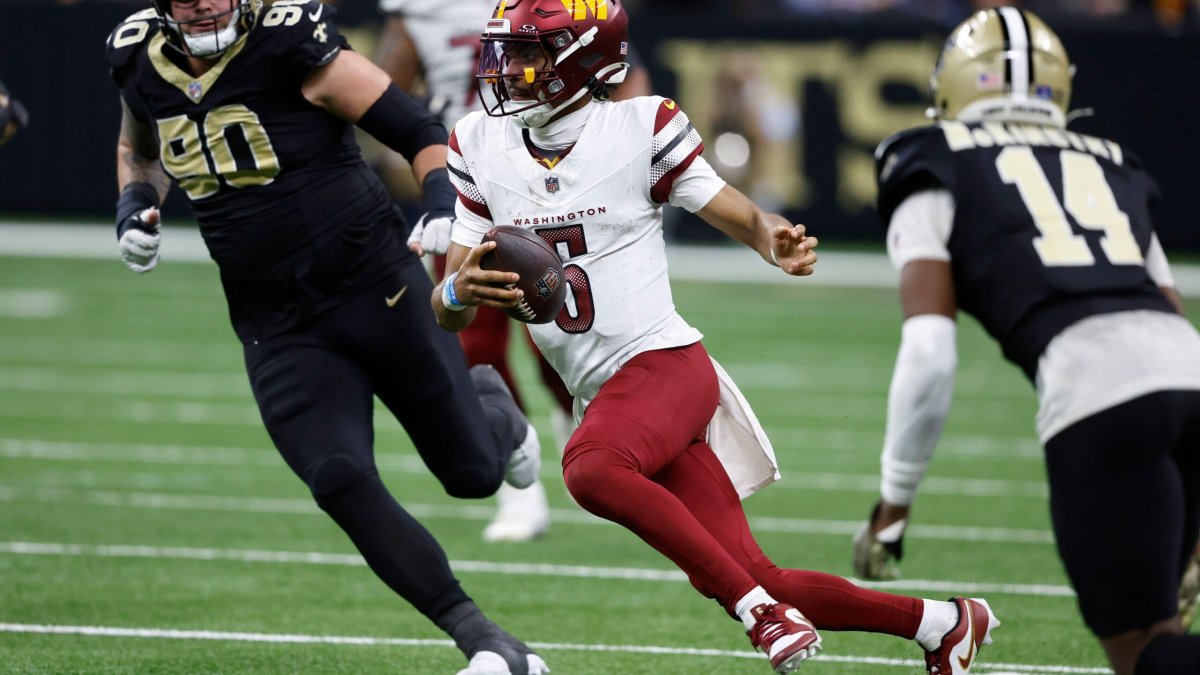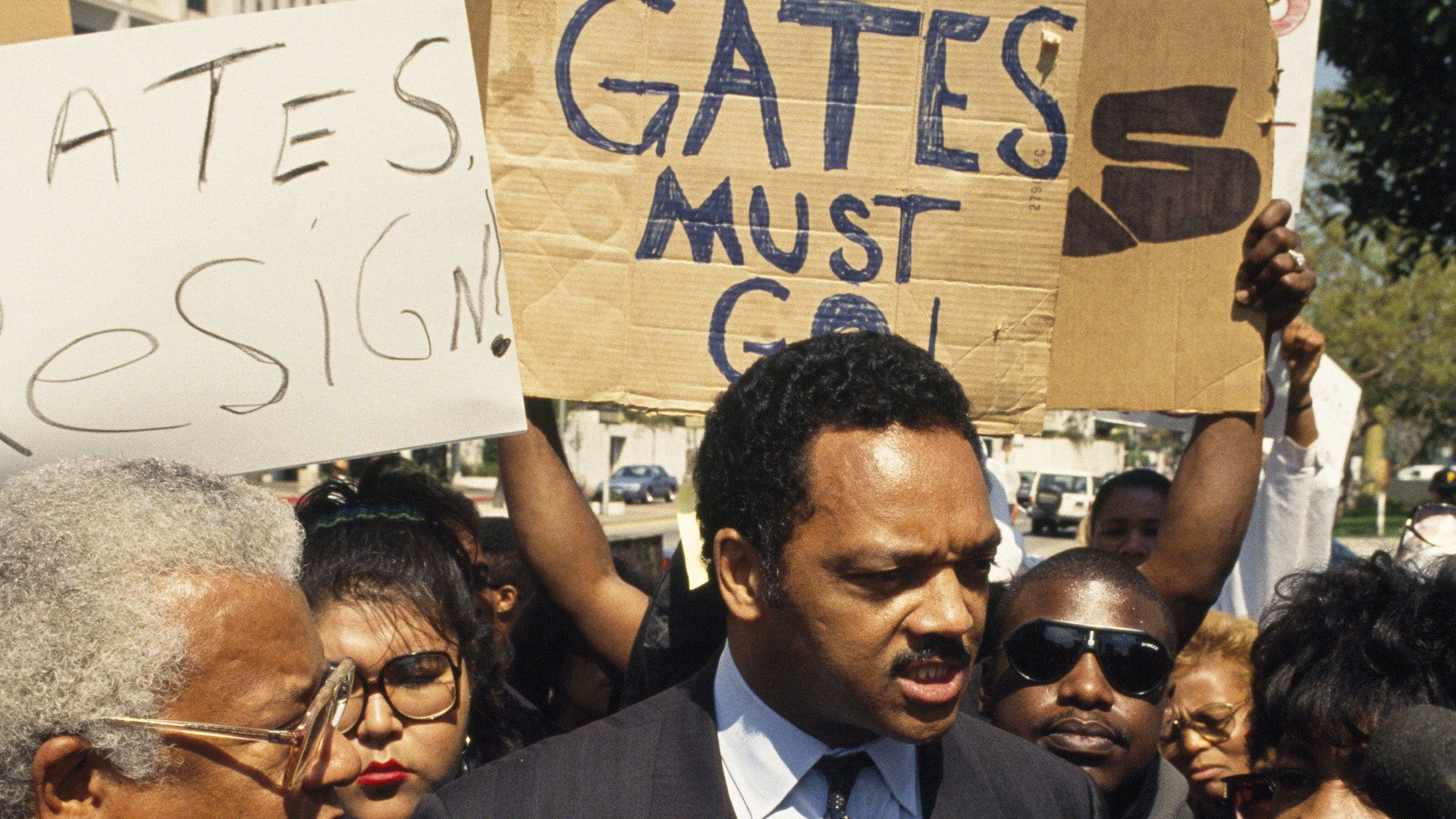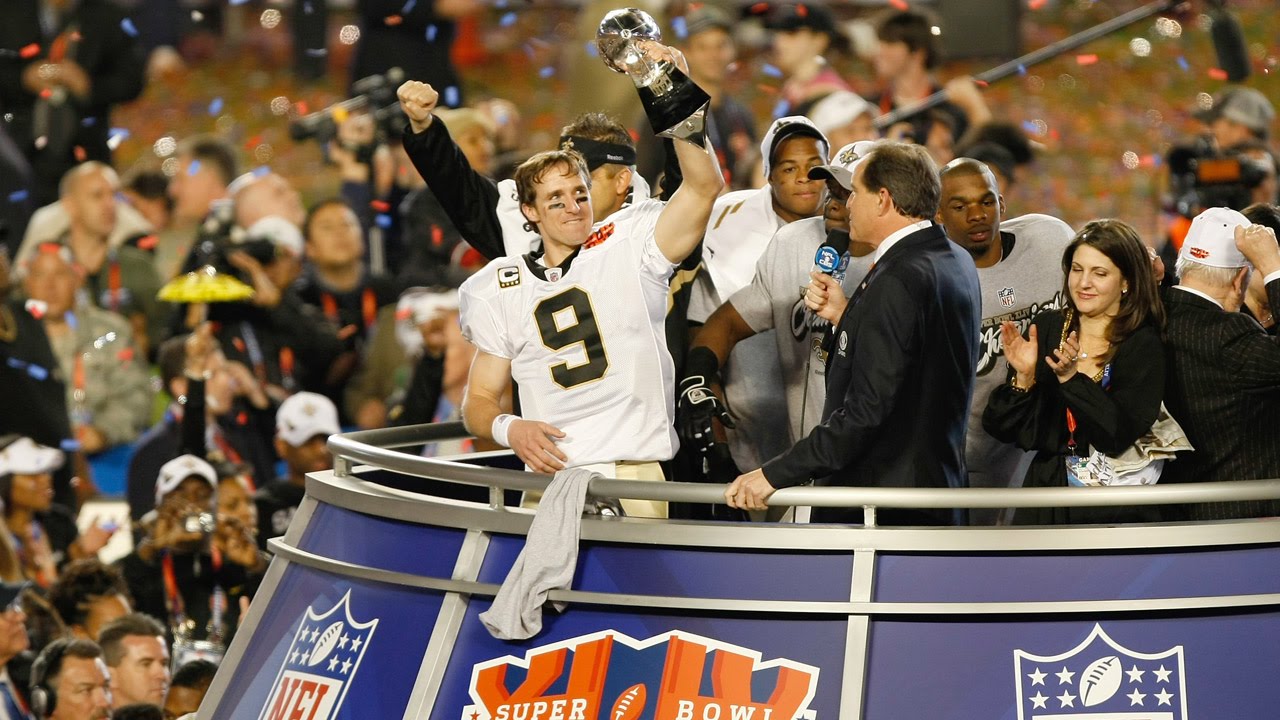The History and Development of the New Orleans Saints
The New Orleans Saints are not just a professional football team; they embody the spirit, resilience, and culture of New Orleans itself. Rising from humble beginnings to become a staple of the National Football League (NFL), the Saints’ journey reflects the city’s unique history, vibrant traditions, and unwavering determination. This blog post delves into the rich history and development of the New Orleans Saints, examining their formation, milestones, challenges, and triumphs through the decades.

Origins of the Saints
The New Orleans Saints were established in November 1966 when the NFL awarded an expansion franchise to the city. Tom Benson, a local businessman, purchased the team shortly after its formation, and the franchise officially began operations in 1967. The naming of the Saints stemmed from the deep-rooted culture of New Orleans, particularly its connection to jazz music and the Catholic Church. The choice of “Saints” paid homage to All Saints’ Day, a significant holiday in New Orleans, a city known for its vibrant Catholic traditions.
The Saints played their inaugural game on September 17, 1967, against the Los Angeles Rams at Tulane Stadium, an occasion that marked an essential chapter in the history of both the team and the city. Although they lost that day, the team’s entry into the NFL was a source of pride for the residents of New Orleans.
Early Years: Struggles and Growth
The first several years of the Saints were characterized by challenges on the field. They struggled to find success, including a disappointing 3-11 record in their first season and a succession of losing seasons in the following years. The team’s early woes can primarily be attributed to a lack of competitive personnel and the difficulties inherent in building a new franchise.
The late 1960s and early 1970s saw the Saints make various coaching changes to turn the tide. Under Head Coach J.D. Roberts, who took over in 1970, the team began to show signs of improvement. The acquisition of key players, including quarterback Archie Manning, laid the foundation for a stronger team. Manning emerged as a beacon of hope for fans and became an indispensable figure in the franchise’s narrative.
The Archie Manning Era
Archie Manning, a celebrated quarterback who played for the Saints from 1971 to 1982, became the face of the franchise during its early years. Despite his individual brilliance, the team remained largely unsuccessful in terms of wins. However, Manning’s charisma, leadership, and ability to endure the hardships of losing seasons captivated fans and entrenched him in the community’s heart.
Though the Saints faced continuous challenges and instability, Manning garnered respect for his performance and resilience, guiding the team through turbulent times. Despite the franchise’s struggles, he became a two-time Pro Bowl selection and left an indelible mark on the team’s history.

Shifting Fortunes: The 1980s
The 1980s saw minimal improvement for the Saints, as they continued to grapple with inconsistencies and mismanagement. Though the team didn’t enjoy any winning seasons, new coaches came and went—one of the notable ones being Jim Mora, who took over in 1986. Mora implemented a new approach that focused on discipline and effective game strategies.
In 1987, the Saints achieved their first winning season, finishing with a record of 12-3, which was momentous for the franchise and its supporters. They earned their first playoff berth, which marked a significant turning point in their history. Although they lost to the Minnesota Vikings in the playoffs, this season represented a higher level of competitiveness and hope for the future.
The Rise of the 1990s: A New Chapter
The 1990s ushered in an era of transformation for the New Orleans Saints. The team transitioned into a contender with a complete restructuring and significantly enhanced talent. A key highlight was the hiring of head coach Jim Mora in late 1980. Under his leadership, the Saints developed a solid core of players, including defensive end Wayne Martin and linebacker Sam Mills.
One of the most pivotal moments for the Saints occurred in the 1991 season when they finished with a 11-5 record, making the playoffs for the second time in franchise history. They also celebrated their first home playoff game, strengthening their bond with the community. Although the team was again eliminated in the divisional round, the excitement surrounding their success fostered a renewed enthusiasm among fans.
The 1999 season marked an important transition as the team faced financial struggles. Tom Benson sold a portion of the franchise, and the Saints began their revitalization process. This year also saw the addition of a new mascot, the popular “Gumbo,” further cementing the team’s connection to the vibrant New Orleans culture.

The Bounty Gate Scandal and its Aftermath
As the new millennium approached, the team was still in search of continuous success. The highlight of the early 2000s was the hiring of head coach Sean Payton in 2006. Payton brought a fresh perspective and a strong offensive philosophy, paving the way for a successful era.
However, dark clouds loomed over the Saints as they became embroiled in the Bounty Gate scandal in 2012. This scandal revolved around allegations that the coaching staff incentivized players to injure opposing players. The consequences were severe: multiple suspensions for coaches and players and a significant backlash from fans and the media ensued.
Despite this turbulent period, the Saints emerged stronger in the following years, gradually restoring their credibility.
The Super Bowl XLIV Championship
The turning point in the history of the New Orleans Saints came in the 2009 season, culminating in their victory at Super Bowl XLIV on February 7, 2010. That game, held in Miami, saw the Saints face off against the Indianapolis Colts. Behind the brilliance of quarterback Drew Brees, a player who had joined the team following a shoulder injury that nearly derailed his career, the Saints pulled off a stunning 31-17 victory.
This historic win was a source of immense joy for the city, especially in the wake of Hurricane Katrina, which devastated New Orleans in 2005. The victory symbolized resilience, recovery, and hope, uniting the community and fostering pride among fans. The Saints became national heroes, not just for their remarkable achievement, but for uplifting a city that had endured adversity.

The Drew Brees Legacy
Drew Brees’s impact on the Saints transcends the field. After signing with the team in 2006, he built a legacy that included numerous records, accolades, and, most importantly, championships. Brees took the Saints to the playoffs multiple times, becoming the franchise’s all-time leader in numerous statistical categories. His leadership, work ethic, and dedication not only propelled the Saints to new heights but also positively influenced the community.
In September 2020, the Saints honored Brees after he announced his retirement from professional football, marking the end of an era that elevated the franchise to national prominence.
Recent Developments and Future Prospects
In the years following the Super Bowl victory, the franchise has continued building on its successes while facing challenges in the competitive landscape of the NFL. The hiring of new coaching staff, strategic player acquisitions, and the commitment to fostering talent have become focal points for the team’s direction.
As the league has evolved, so have the Saints. While the recent seasons have seen ups and downs, the team remains committed to returning to championship contention. The additions of new stars—such as quarterback Jameis Winston and wide receiver Michael Thomas—have provided fans with hope for the future.
The history and development of the New Orleans Saints encapsulate a story of struggle, resilience, and triumph. From their humble beginnings to their emergence as Super Bowl champions, the Saints have continually evolved, reflecting the spirit of New Orleans itself. This franchise is far more than just a team; it is a vital component of the cultural fabric of a city known for its music, food, and festive spirit. As the team looks to the future, the legacy of the New Orleans Saints—a tale of passion, dedication, and the community—will continue to thrive. For the people of New Orleans, the Saints are not merely an NFL team; they represent hope, unity, and, above all, the indomitable spirit of their city.
>>> Read more: https://petorugs.com/top-hottest-mlb-hoodies-premium-fashion-for-baseball-fans/

